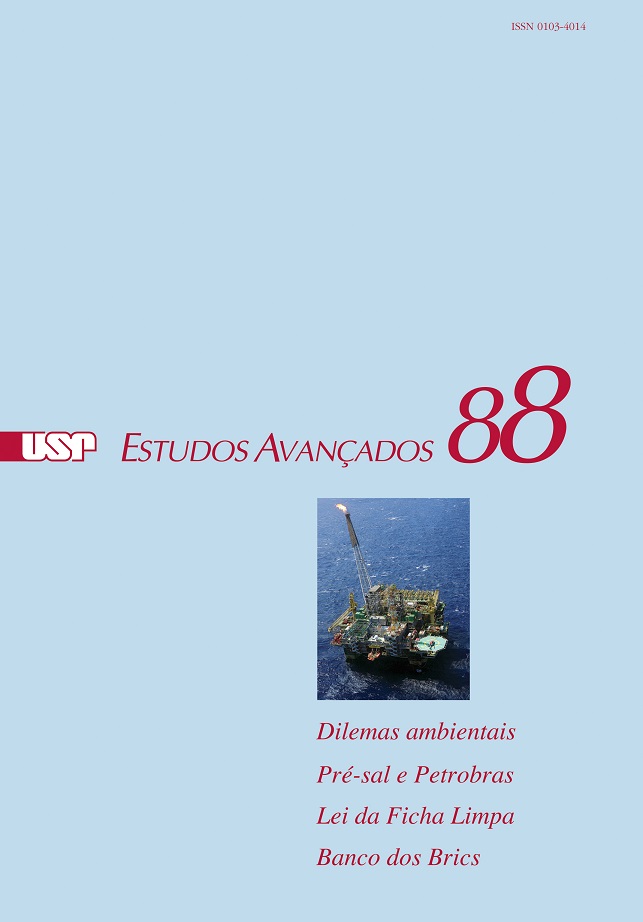Desastres naturais: convivência com o risco
Resumo
Estudos sobre riscos de desastres naturais têm-se aprimorado de uma abordagem fisicalista para uma perspectiva socioambiental. No entanto, planejamento e gestão ainda seguem o paradigma antropocêntrico da superioridade humana e do poder ilimitado da ciência e tecnologia. Evidencia-se uma incapacidade cognitiva, cultural e de ação por parte de especialistas, científicos e tomadores de decisão (claimmakers) para identificar e atuar sobre as causas sociais da produção de risco. Frente a uma ciência cartesiana e positivista na resolução de problemas, baseada na segurança e controle sobre o mundo natural, propõe-se uma ciência pós-normal que considera os riscos e incertezas do conhecimento científico e das problemáticas ambientais. Essa nova proposta também incide sobre a participação e o diálogo entre stakeholders como referência para ampliar a qualidade do saber científico e o entendimento da complexidade das questões ambientais. Este artigo discute a necessidade de se promover um salto epistemológico sobre a forma de pensar e produzir conhecimentos, bem como implementar a gestão dos riscos de desastres, tendo como objeto de estudo processos de comunicação e educação para prevenção de desastres.Downloads
Os dados de download ainda não estão disponíveis.
Downloads
Publicado
2016-12-01
Edição
Seção
Dilemas ambientais e fronteiras do conhecimento I
Licença
Estudos Avançados não celebra contrato de cessão de direitos autorais com seus colaboradores, razão pela qual não detém os direitos autorais dos artigos publicados. Os interessados em reproduzir artigos publicados na revista devem necessariamente obter o consentimento do autor e atribuir devidamente os créditos ao periódico.
Como Citar
SULAIMAN, S. N., & ALEDO, A. (2016). Desastres naturais: convivência com o risco . Estudos Avançados, 30(88), 11-23. https://revistas.usp.br/eav/article/view/124259


